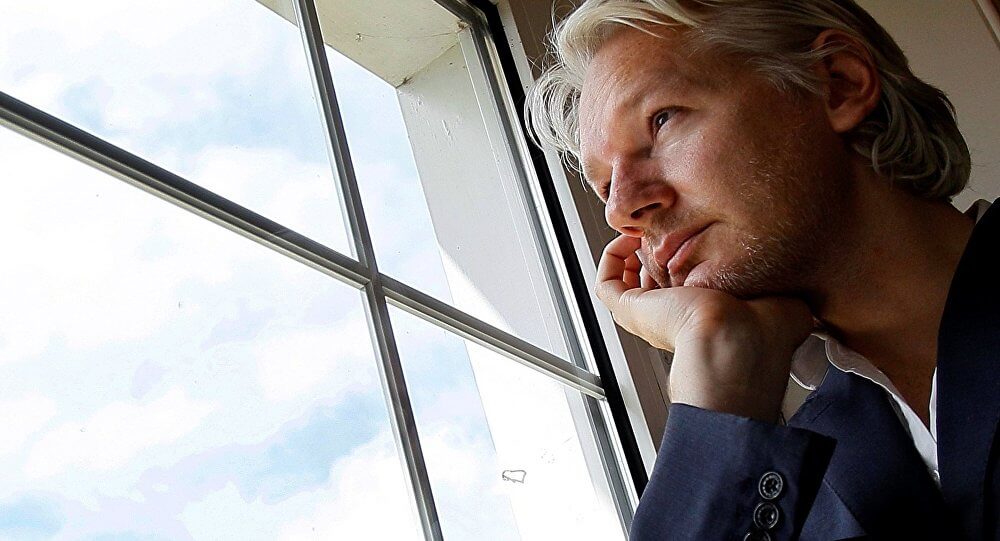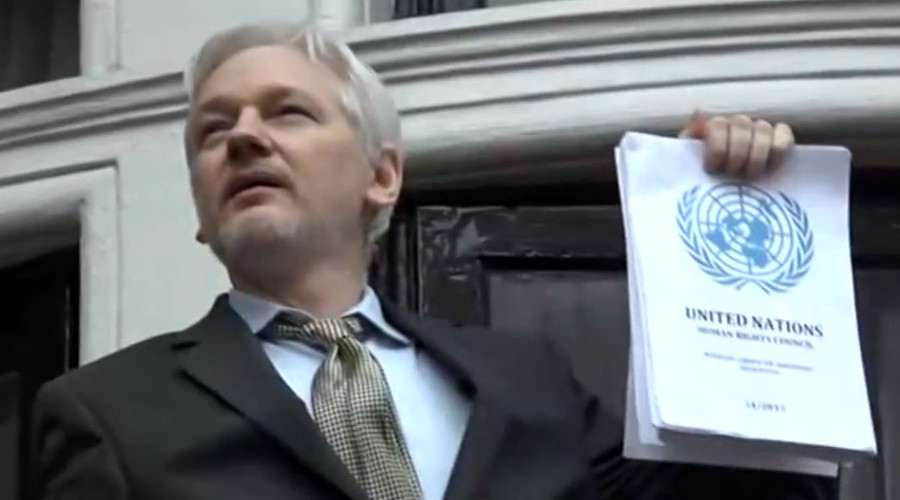If Australia reneges on its obligations to protect Assange and fight for his rights, the implications such actions would hold for every other citizen of the country are as vast as they are chilling.
by Whitney Webb
LONDON – As the sixth anniversary of his extended stay in the Ecuadorian Embassy in London approaches, WikiLeaks editor-in-chief Julian Assange is faced with increasingly limited options. Barred from communicating with the outside world and from receiving most visitors, Assange’s only hope of avoiding extradition to the United States on trumped-up espionage charges comes down to the governments of the two countries of which he is a citizen: Australia and Ecuador.
In an unexpected move last week, the Australian government sent officials to meet with Assange and later confirmed that Australia would finally extend consular assistance to the Australian-born journalist after years of failing to do so and even threatening to revoke his Australian passport. The Australian government, in the past, has attempted to argue that it can do little to help Assange’s situation, asserting that it was “unable to intervene in the due process of another country’s court proceedings or legal matters.”
It has also failed to publicly comment on the UN’s finding that Assange has been subjected to arbitrary detention by the United Kingdom — asserting, as recently as last week, that the government’s position on the matter is “confidential,” and deflecting responsibility by claiming that the UN’s findings “are directed at the United Kingdom and Sweden, not at Australia.”
Read more at https://www.mintpressnews.com/australian-ecuadorian-decisions-on-assange-could-set-dangerous-legal-precedent/243797/









